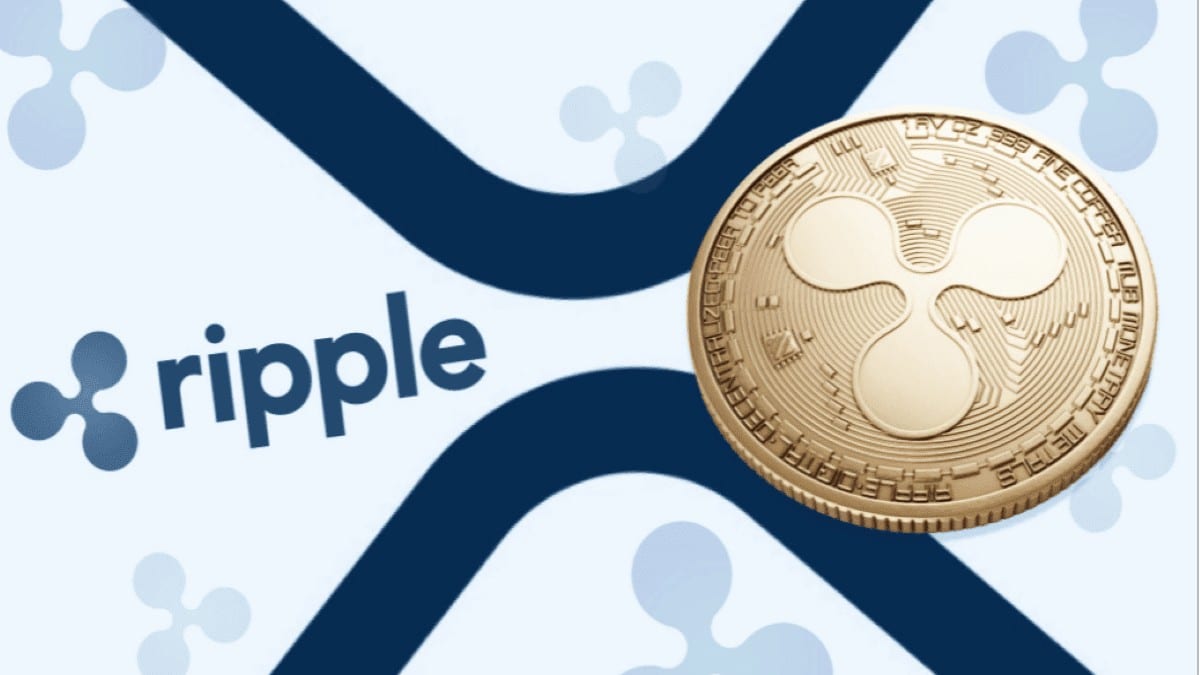Ripple, the blockchain company behind the XRP cryptocurrency, has unveiled a new initiative to foster blockchain innovation in Japan and South Korea. The company announced the launch of the XRPL Japan and Korea Fund, which aims to provide financial, technical, and business support to developers, corporate partnerships, startups, and community growth in these two pivotal markets.
The fund is part of Ripple’s broader commitment to allocate 1 billion XRP, valued at over $2 billion at the time of the announcement in March 2022, towards supporting the development of the XRP Ledger (XRPL) ecosystem. The XRPL is an open-source, public blockchain designed for enterprise use cases, powering the XRP cryptocurrency and facilitating real-time, cross-border payments.
“The launch of this fund is a testament to Ripple’s strong belief in the potential of Japan and Korea as pivotal regional hubs for blockchain innovation,” said Emi Yoshikawa, vice president of strategic initiatives at Ripple, in a statement.
Ripple’s expansion in Asia-Pacific comes at a time when the crypto industry is facing a “hostile regulatory environment” in the United States, as noted by Ripple CEO Brad Garlinghouse in a recent CNBC interview. The company has identified the Asia-Pacific region as one of its fastest-growing markets and has prioritized adoption of its crypto payment services in this area.
In Japan, Ripple has already partnered with HashKey DX to bring XRPL-powered supply chain finance solutions to the market. Additionally, the XRPL will be used for issuing official Expo NFTs (non-fungible tokens) for millions of attendees at the World Expo 2025 in Osaka. Ripple also established SBI Ripple Asia, a joint venture with Japanese financial services company SBI Holdings, in 2016 to drive the adoption of Ripple payments solutions in the region.
In South Korea, Ripple aims to leverage the country’s reputation as a technology and innovation hub to further expand the XRPL ecosystem.
As Ripple continues to face legal challenges in the United States, its focus on the Asia-Pacific markets aligns with its broader strategy to drive global adoption of its blockchain-based payment solutions.





